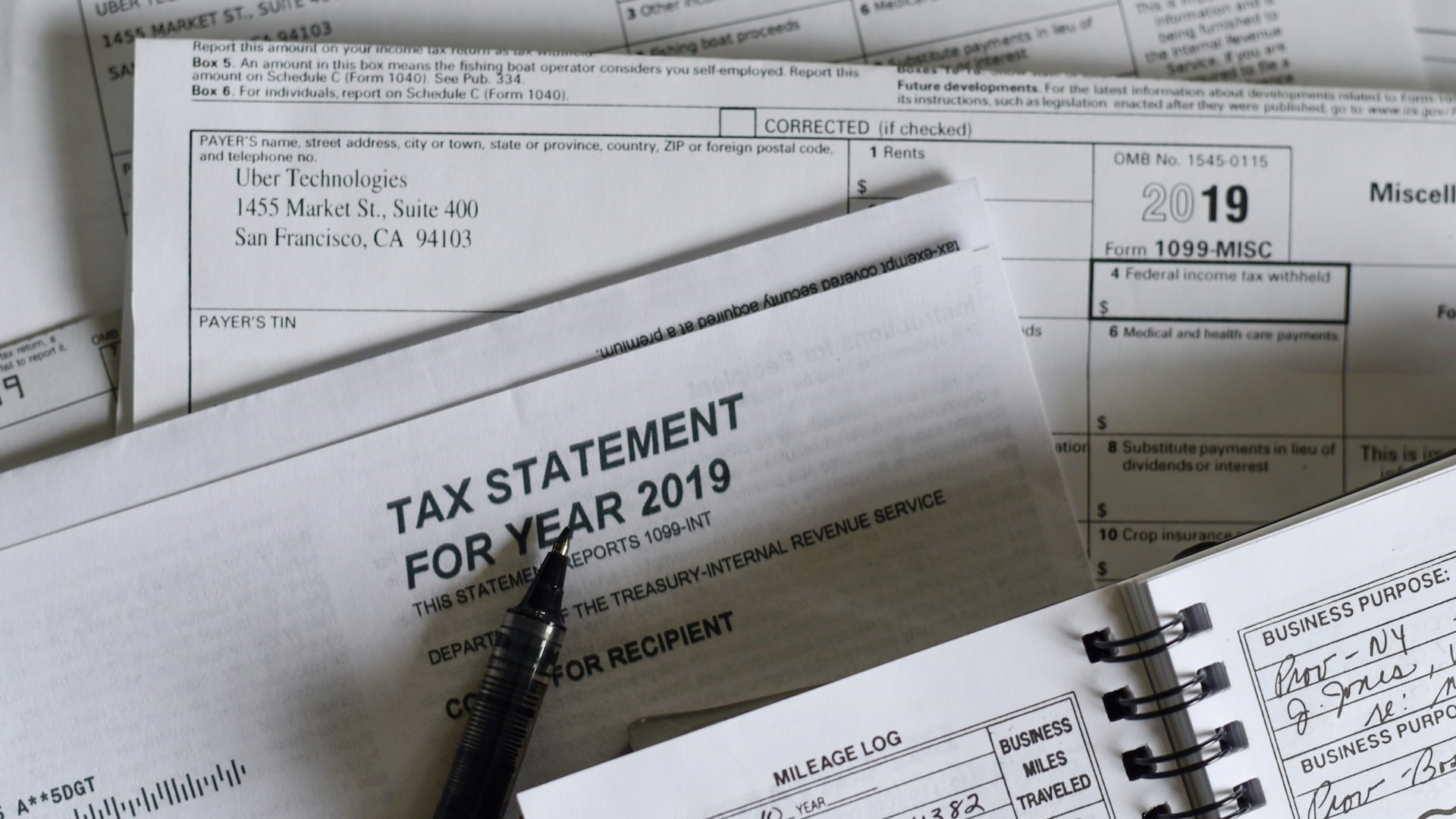What You Need to Know About the 2019 Tax Deadline
 Photo by Olga DeLawrence under Unsplash License
Photo by Olga DeLawrence under Unsplash License
What You Need to Know About the 2019 Tax Deadline
With the novel coronavirus pandemic continuing to spread like wildfire worldwide — with the United States now as the country with the highest number of cases — many governments have imposed lockdowns or stay-at-home restrictions on their citizens to stop the spread of the deadly respiratory disease that still has no known cure.
As part of the emergency relief plan for Americans, the Trump administration has decided to delay the April 15 tax deadline for most individual taxpayers as well as small businesses. U.S. taxpayers now have until July 15 to file their tax returns.
This means that taxpayers have an extra three months to prepare their tax returns while they’re home quarantined. When the pandemic hopefully slows down by July, the people will have a much easier time in filing their tax returns and paying their taxes.
What You Need to Know About the New Tax Deadline
While the tax delay is a relief for many taxpayers, others have raised questions and concerns. A few days after the announcement of the new tax filing deadline, the IRS released a new set of guidelines to answer people’s questions. Here is what you need to know about the new tax deadline:
- The new tax deadline applies to all.
One of the concerns aired by some is whether the new tax deadline will apply only to individuals and businesses adversely affected by the pandemic. In response, the IRS states that you don’t have to be ill to qualify for the tax deadline, underscoring that it applies to all business and individual taxpayers.
- No special form is needed to be filled out for the new tax deadline.
No special form is needed to be filled out when filing tax returns on or before the new tax deadline. The only difference is that the deadline for filing tax returns and making payments has been extended for three months. You won’t also incur any penalties as long as you pay on time (on or before July 15th).
- Guidelines for state taxes will vary by state.
Many taxpayers have also raised concerns about their state tax deadlines. In response, the IRS explains that the extended tax deadline only applies to federal taxes and that the guidelines for payment of state taxes vary by state. Many states have already pushed their deadlines to July 15. To be sure about your state’s tax deadline, ask your state’s tax authority for details.
- People who already filed their taxes before the announcement of the extension will still have their payments received by the IRS by April 15th.
For those who already filed their tax returns and scheduled their tax payment for April 15th, the IRS will still accept the payments by that date. However, taxpayers have the option to reschedule or cancel their payments.
- Some taxes do not qualify for the new July 15 deadline.
Certain taxes such as excise taxes, estate, gift taxes, and payroll taxes will still have to be paid before the April 15th deadline. Likewise, other taxes that didn’t have an April 15th deadline won’t qualify for the new tax deadline.
Provide Much-Needed Aid for the Needy with Your Clunker
With the coronavirus contagion gripping the country and victimizing the most vulnerable sectors of society — the poor and disadvantaged people in communities throughout the country — extending a helping hand to them will surely ease their suffering and bring great relief. You can easily provide them the light at the end of the tunnel by donating your extra vehicle to us at Goodwill Car Donations.
We will auction off your donated vehicle and turn over the proceeds to the Goodwill organizations in your local area. These IRS-approved 501(c)3 nonprofits use the money to provide disadvantaged individuals with job training, employment and learning opportunities, livelihood assistance, and other critical community-building support services. These are all meant to equip them with the tools that will enable them to improve their living conditions.
We’ll pick up and tow your vehicle for free. We accept almost all types of vehicles, including those that need a lot of work.
Your donation will also entitle you to receive a maximized tax write-off in the next tax season.
For more information on our vehicle donation program, visit our FAQs page. If you have questions and concerns, we’ll be glad to answer them if you call us at 866-233-8586 or contact us online.
Instill Hopes in Hearts of the Disadvantaged Today
 Photo by Thirdman under Pexels License
Photo by Thirdman under Pexels License
Your rusty vehicle may not mean so much to you now, but for the disadvantaged residents of your community, it means the whole world. Through your generous donation, you would be able to instill hope in their hearts. Call us at 866-233-8586 or fill out our online donation form to kick-start your car donation process today!
Last Updated: March 1st, 2023